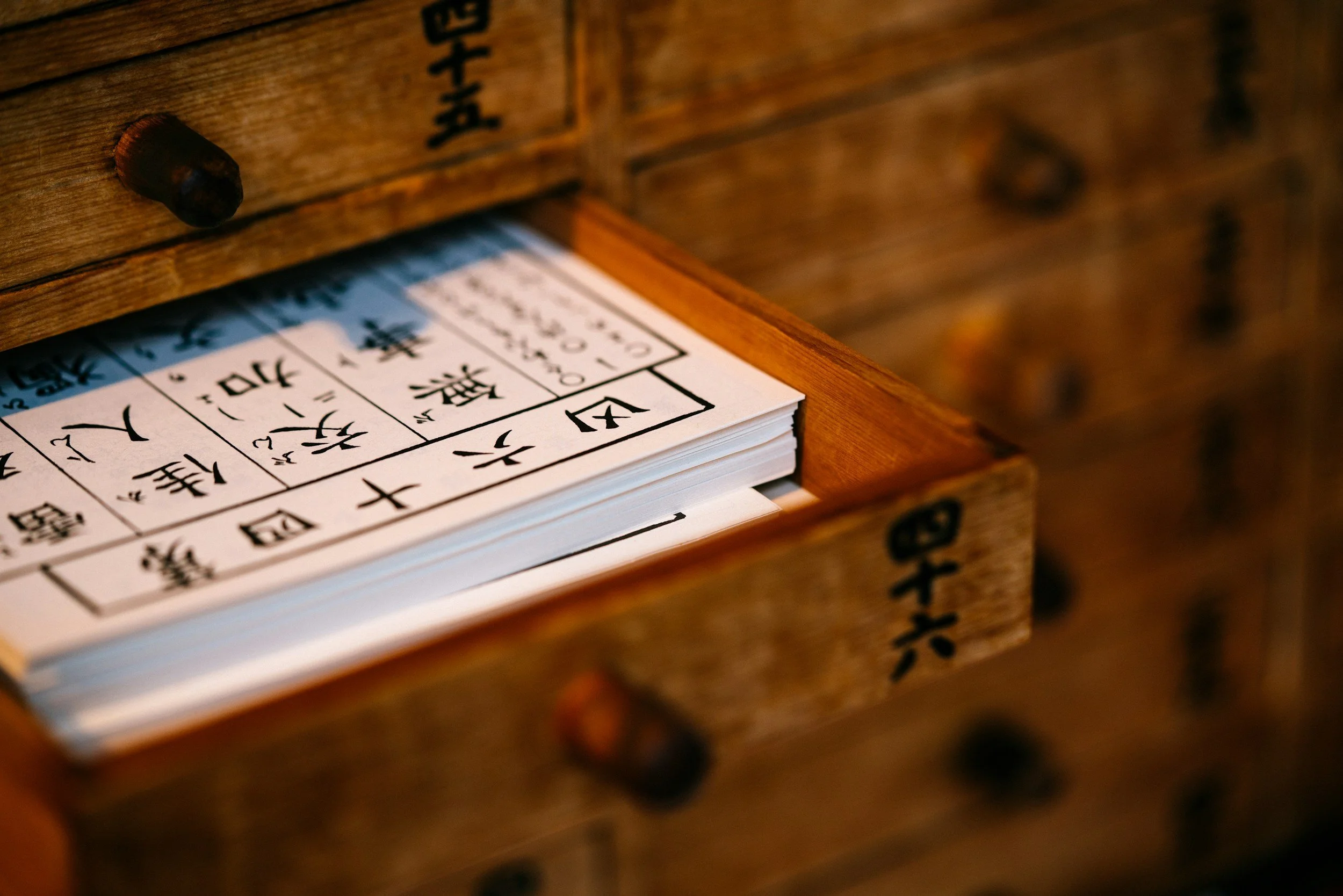Diminished Ovarian Reserve and Traditional Chinese Medicine
Diminished Ovarian Reserve (DOR) refers to a condition where the ovaries lose their typical reproductive potential, leading to reduced fertility. This is characterized by a decrease in both the quantity and quality of oocytes. Clinically, DOR often presents with elevated follicle-stimulating hormone (FSH) levels, reduced anti-Müllerian hormone (AMH)levels, and a lower antral follicle count (AFC).
Diminished Ovarian Reserve and Traditional Chinese Medicine
by Yan Yung Nicole Tsai , R. TCMP, R. Ac
This article aims to provide a Traditional Chinese Medicine (TCM) perspective on Diminished Ovarian Reserve and how TCM approaches its diagnosis and treatment.
Understanding FSH and AMH
AMH is produced by granulosa cells of small, growing follicles in the ovaries and serves as a marker of ovarian reserve. As the number of these follicles diminishes, AMH levels decrease, indicating a reduced ovarian reserve. This decline leads to fewer follicles maturing each cycle, resulting in decreased estrogen production.
Estrogen, produced by developing follicles, provides negative feedback to the pituitary gland to regulate FSH secretion. With lower estrogen levels, this feedback mechanism weakens, prompting the pituitary to release more FSH in an attempt to stimulate the ovaries. Elevated FSH levels, therefore, reflect the body's effort to recruit more follicles, a hallmark of DOR.
TCM Perspective on Reproductive Health
In Traditional Chinese Medicine (TCM), reproductive health is closely linked to the Kidney system, which governs growth, development, and reproduction. The concept of "Tian Gui" (天癸) refers to the reproductive essence that originates from Kidney energy. A decline in this essence, often due to aging or chronic stress, can lead to symptoms akin to DOR.
TCM doesn't diagnose DOR per se but recognizes patterns such as:
Kidney Yin deficiency: Leading to insufficient nourishment of reproductive organs.
· Kidney Yang deficiency: A common underlying pattern in women experiencing DOR, particularly as they age. Kidney Yang provides the warmth and dynamic energy necessary for ovulation, progesterone production, and maintaining a receptive uterine environment.
Blood stasis: Impeding the smooth flow of blood, affecting follicular development.
Liver Qi stagnation: Disrupting hormonal balance and emotional well-being.
These patterns can manifest as menstrual irregularities, infertility, and other reproductive challenges.
TCM Treatment Strategies
To tonify the reproductive function of the Kidneys, TCM focuses on different aspects according to the menstrual cycle phases:
Menstrual Phase: Promote blood flow to ensure complete shedding of the endometrial lining, preparing the uterus for the next cycle.
Follicular Phase: Nourish Kidney Yin to support the growth and maturation of follicles.
Ovulatory Phase: Harmonize Kidney Yin and Yang energies to facilitate successful ovulation.
Luteal Phase: Warm the Kidney and strengthen Yang to maintain adequate uterine lining thickness, supporting potential implantation.
This phase-specific approach aims to regulate the menstrual cycle, improve hormonal balance, and enhance ovarian responsiveness with at least 3 menstrual cycles duration.
Herbal medicine and acupuncture are integral to TCM treatments:
Herbal formulas: Tailored to individual patterns, these may include ingredients to tonify the Kidneys, invigorate blood flow, and regulate Qi. According to a study, Chinese medicine prescription can provide promising therapeutic benefit for DOR, with decreased FSH level and increased AMH.
Acupuncture: Targets specific points to improve blood circulation to the ovaries and uterus, regulate hormonal levels, and reduce stress. Through the acupuncture, it can activate the dopamine system via regulating the hypothalamic-pituitary-ovarian axis.
Integrating TCM into Fertility Care
Women with DOR may benefit from incorporating TCM into their fertility care plans. By addressing the root causes of imbalance and supporting the body's natural rhythms, TCM offers a complementary approach to conventional treatments. Consulting with a qualified TCM practitioner can provide personalized strategies tailored to individual needs.
Summary
Diminished Ovarian Reserve poses significant challenges to fertility, marked by hormonal imbalances and reduced ovarian function. Traditional Chinese Medicine offers a holistic framework, focusing on restoring balance through periodic therapy, herbal medicine, and acupuncture. By aligning treatments with the menstrual cycle and addressing underlying patterns of disharmony, TCM provides a complementary pathway to support reproductive health and enhance fertility outcomes.
If you are experiencing DOR, it is important to seek a diagnosis from a healthcare professional and discuss treatment options.
For a holistic TCM approach to wellness, including acupuncture for the treatment of DOR, contact Total Wellness Centre at 416-532-9094. We are dedicated to helping you achieve optimal reproductive health and well-being.

